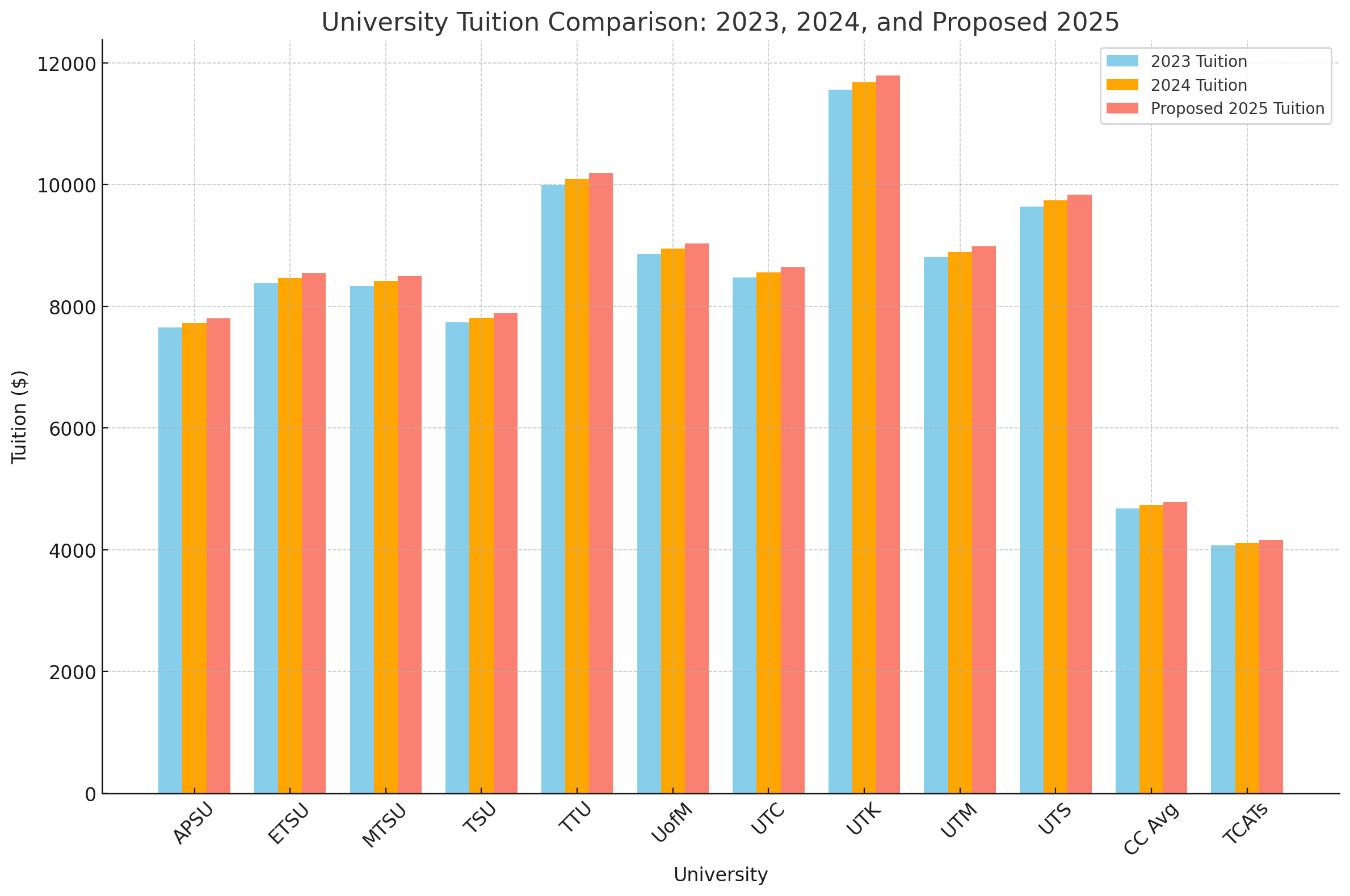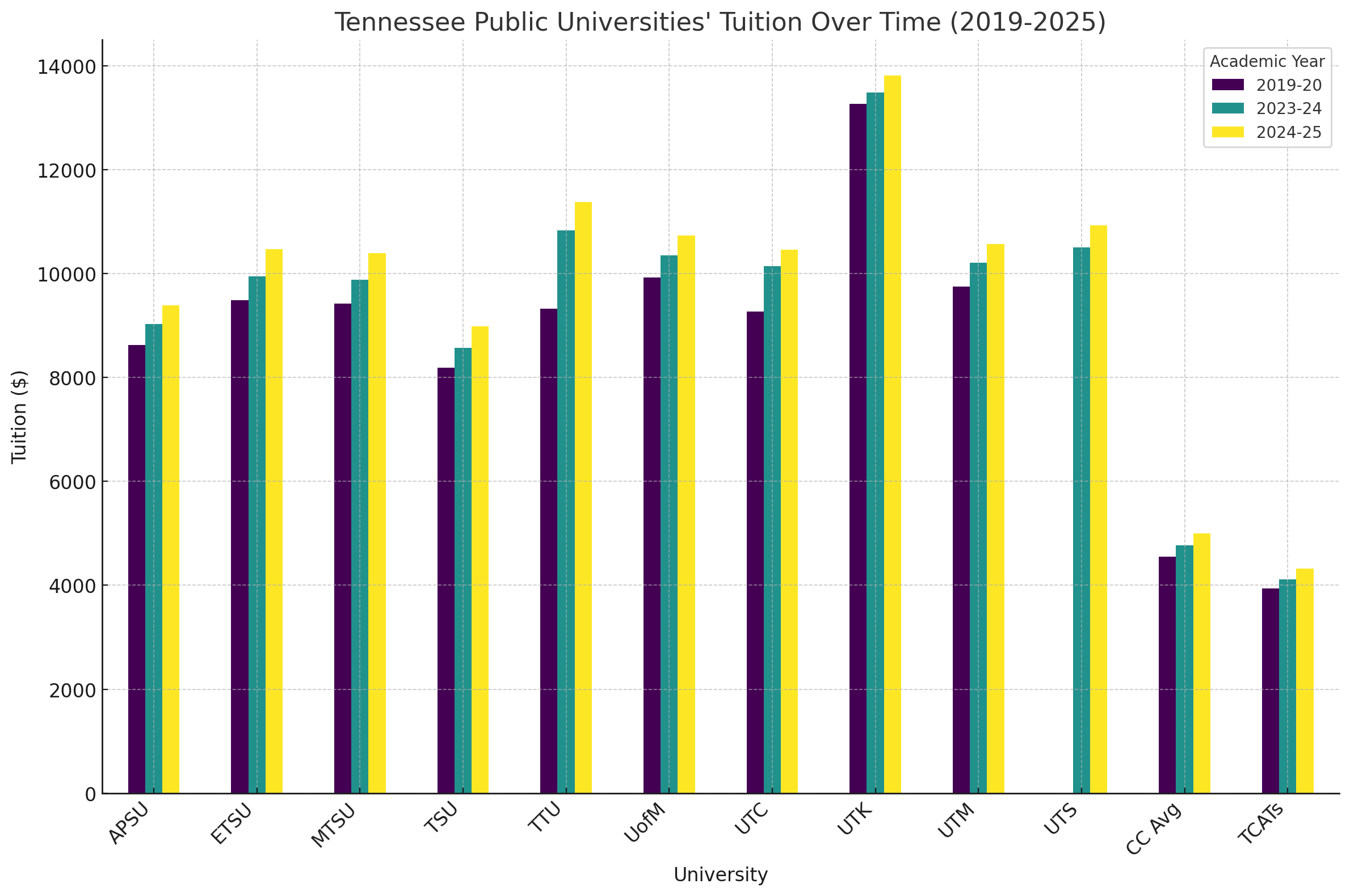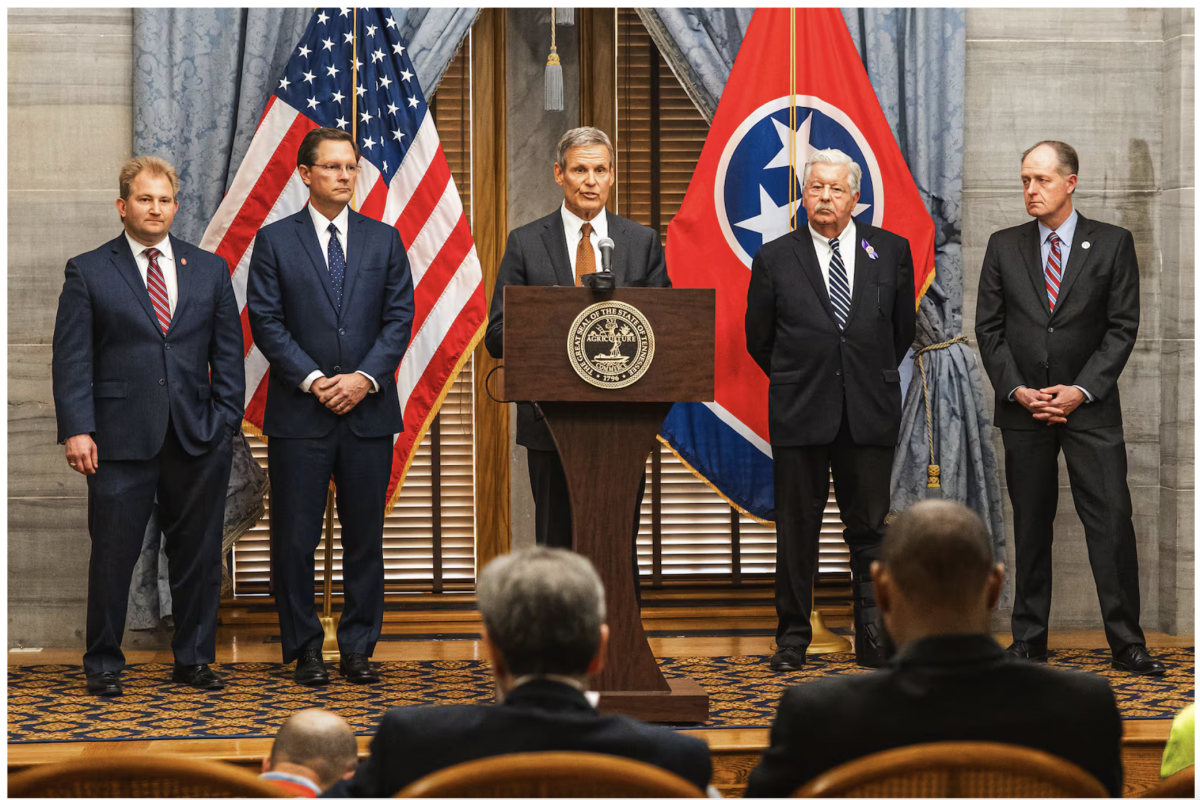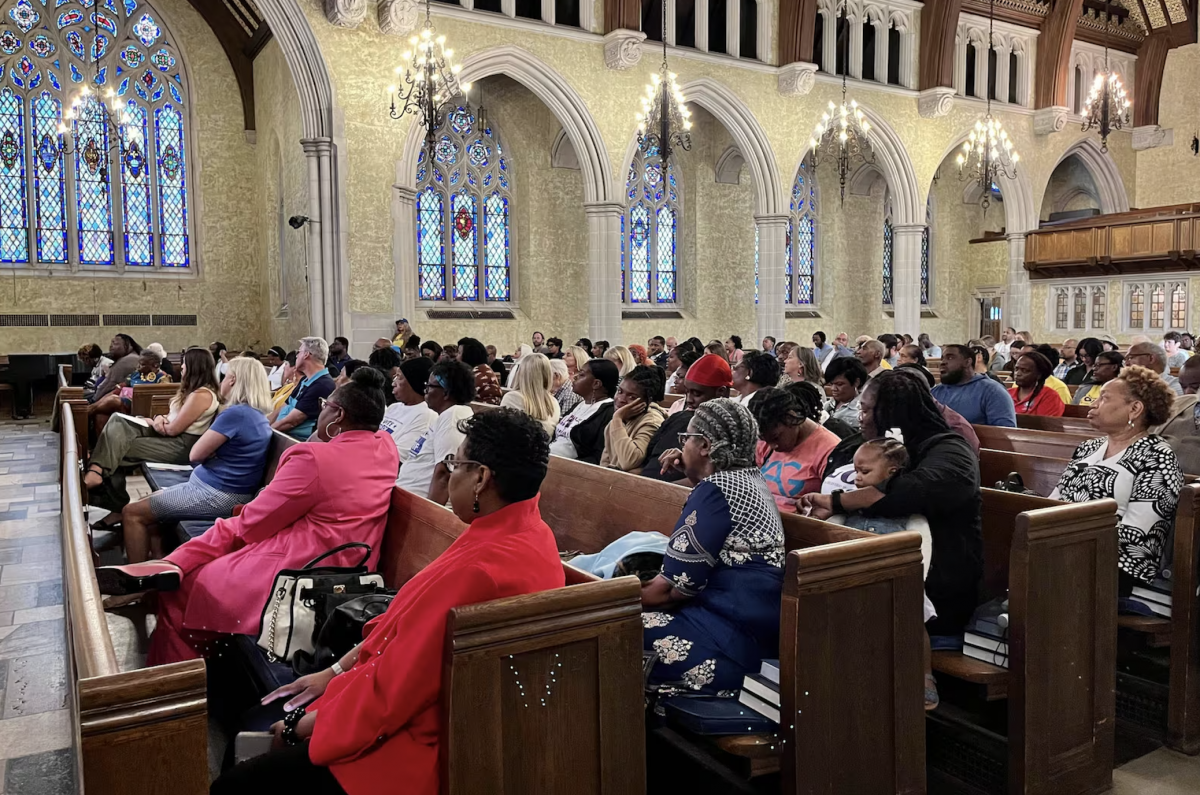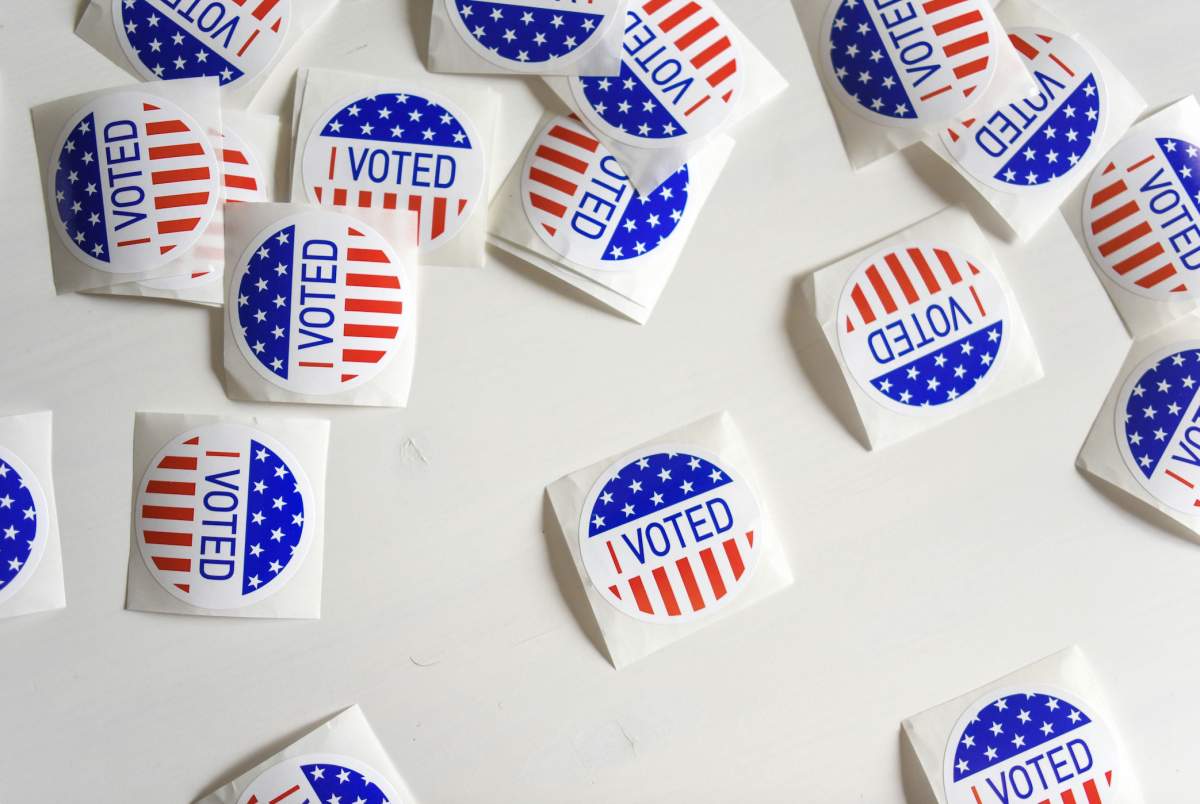Tennessee Gov. Bill Lee, who’s trying again to enact his statewide private school voucher plan, is hoping to win over critics and skeptics with a $2,000 bonus for public school teachers. But many educators who would be eligible for the extra cash are dismissing it as a diversion tactic.
Some are calling Lee’s bonus offer an attempted bribe, or “hush money,” as he seeks to expand policies that provide public funding for students to attend private schools. Others say it’s insulting to teaching professionals who have spent their careers advocating for their students, and for more funding to support them.
“It’s a one-time bonus that’s basically asking us to sell out our public schools,” said Liz Marable, a longtime Memphis educator who is currently president of the United Education Association of Shelby County. “But we are not for sale.”
Details of the latest universal voucher proposal, reached during months of negotiations between the governor’s office and legislative leaders, emerged last week after Election Day. House and Senate Republican sponsors filed identical bills in an effort to avoid disagreements between the two chambers that killed their first attempts this spring in committees, even though Republicans held a supermajority in the legislature.
Some concerns that critics raised about the earlier bills apply to the new package, too. Among them: The program could create long-term funding uncertainty for public schools and set uneven standards for accountability through testing. It wouldn’t guarantee accommodations and services for students with disabilities and would bar undocumented students from participating, in violation of federal law.
The one-time bonus for approximately 86,000 public school teachers is new to the mix. It would cost about $172 million, which could itself be a concern during a fiscal year when state economists project declining or stagnant revenues.
The bonuses, and other public school benefits in the legislation, aren’t intended specifically to win over teachers, of course; they won’t get to vote on it. Rather, they’re aimed at winning over Republican lawmakers, mostly in rural Tennessee, who are wary of vouchers’ impact on their public schools.
These lawmakers have to answer to constituents in areas where public schools are often the only educational option, the largest employer, and the hub of their communities. Lee and Republican legislative leaders are betting that the bonus will make a vote for vouchers more politically palatable.
Lee’s Education Freedom Act also proposes new money to help local districts pay for school maintenance and construction. And it includes “hold harmless” language that pledges the state will reimburse school systems for any lost funding tied to students who withdraw from public schools to accept vouchers and attend private schools.
Educators interviewed by Chalkbeat said that they believe the promised reimbursements would be short-lived, and that the funding would be eliminated from future state budgets, ultimately draining resources from their public schools.
“Teachers aren’t fooled by the promise of a small bonus in exchange for a bill that would lead to public schools closing across the state,” said Tanya T. Coats, a Knox County teacher who is president of the state’s largest teacher organization, the Tennessee Education Association.
The one-year bonus would barely address pay disparities between teachers in Tennessee and those in other states. The average teacher in Tennessee made below $58,000, compared with $69,597 nationally, during 2022-23, the latest year for which national data is available, according to an analysis by the National Education Association.
The governor is budgeting next year to increase the state’s minimum salary for teachers from $44,500 to $47,000, in accordance with his plan to get base pay to $50,000 by the time he leaves office in 2027.
But critics say those increases aren’t rewarding experienced teachers, keeping up with inflation, or attracting high-quality candidates to the teaching profession, which is suffering from sagging morale.
Kathryn Vaughn has been a full-time teacher in Tennessee for 20 years and works two other jobs to make ends meet. She’s unimpressed by the idea of a $2,000 bonus, which likely would be closer to $1,400 after taxes. The underlying goal of Lee’s voucher plan, she believes, is to defund public education.
“If you’re really serious about helping teachers, why not make some sort of systemic change to teacher pay to alleviate the starvation funding we’re operating under?” said Vaughn, an elementary school art teacher in Tipton County.
Linking benefits for teachers to school choice agenda
It’s not the first time the governor has sought to package benefits for teachers with more controversial education proposals.
In 2023, Lee pressed for a bill to guarantee gradual minimum pay boosts for teachers during his second term in office — and also to ban school districts from making payroll deductions for employees’ professional association dues. Teacher groups and many lawmakers objected to the tactic, but the bill eventually passed.
Similarly, Lee’s bonus proposal is tied to the creation of a statewide program to give $7,075 each in public funding toward the cost of a private education for up to 20,000 Tennessee students, beginning next fall.
Lee has pushed for more education choices for families, while also investing hundreds of millions of dollars in public schools, since taking office in 2019. He remains adamant that both policies can complement each other.
“This piece of legislation represents a commitment to education for all children in the state, and that includes public funding, teacher funding, parental choice,” said Lee, when asked by reporters last week why the voucher and teacher bonus measures aren’t decoupled so lawmakers can vote on them separately.
Other governors, especially in predominantly Republican states, have used a similar playbook when pressing for vouchers.
In Arkansas, for instance, Gov. Sarah Huckabee Sanders signed a 2023 law to increase beginning public school teacher salaries from $36,000 to $50,000, while also creating a statewide voucher program to cover the costs of private school tuition, homeschooling expenses, and other educational expenses.
Teachers fear that vouchers will hurt their students
Many Tennessee teachers are skeptical about the new proposal to give them a bonus, viewing it as a ploy to push a policy agenda that they say will ultimately hurt their profession, public schools, and students in general.
“Teachers I am hearing from are very insulted that the sponsor of this bill thought any devoted Tennessee teacher would be willing to erode the future of public education for a one-time, taxed bonus of $2,000,” tweeted National Teacher of the Year Missy Testerman, who works for Rogersville City Schools in northeast Tennessee.
Like Testerman, Siema Swartzel teaches students who live mostly below the poverty level. More investments in public education would help, she said.
“I don’t see how creating a voucher program and adding $2,000 to my bank account is going to make sure my kids have all the things they need to be good learners,” said Swartzel, who teaches music at an elementary school in Cleveland, near Chattanooga. “They are our future, and I’m very afraid that vouchers will interfere with that.”
In Clarksville, near the Kentucky border, Karel Lea Biggs doesn’t think vouchers, as they’re proposed, would end up benefiting any of her middle schoolers, many of whom are considered economically disadvantaged.
Under Lee’s proposal, half of the first year’s vouchers would be subject to limits based on family income, but those limits would still be high: three times the threshold to qualify for free and reduced price school meals, or about $173,000 for a family of four. The remaining 10,000 slots would have no income restrictions.
Lee’s administration acknowledges that many enrollees would be the children of parents who intended to send their children to private schools anyway, and already had the resources to do so.
Meanwhile, Biggs says her public school desperately needs more resources to support students experiencing post-pandemic anxiety and other mental health issues. “A teacher bonus and vouchers,” she said, “just aren’t going to help my kids.”
Marta Aldrich is a senior correspondent and covers the statehouse for Chalkbeat Tennessee. Contact her at maldrich@chalkbeat.org.
Chalkbeat is a nonprofit news site covering educational change in public schools.




